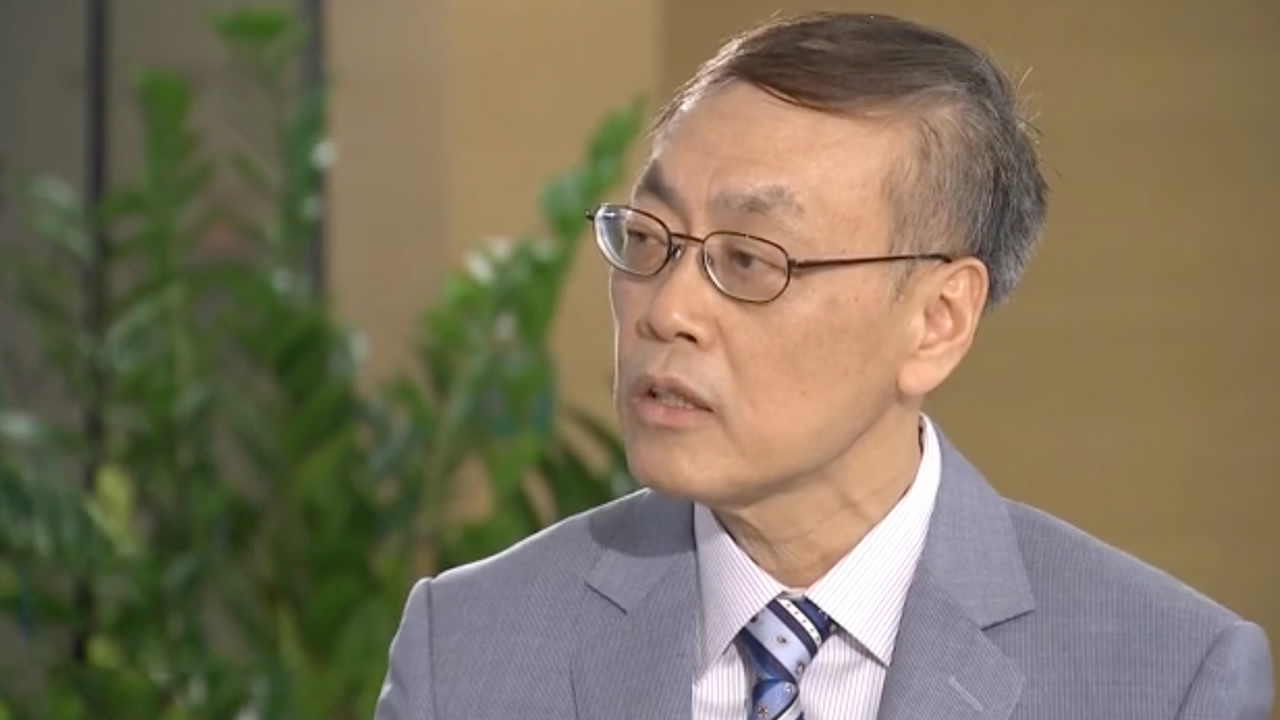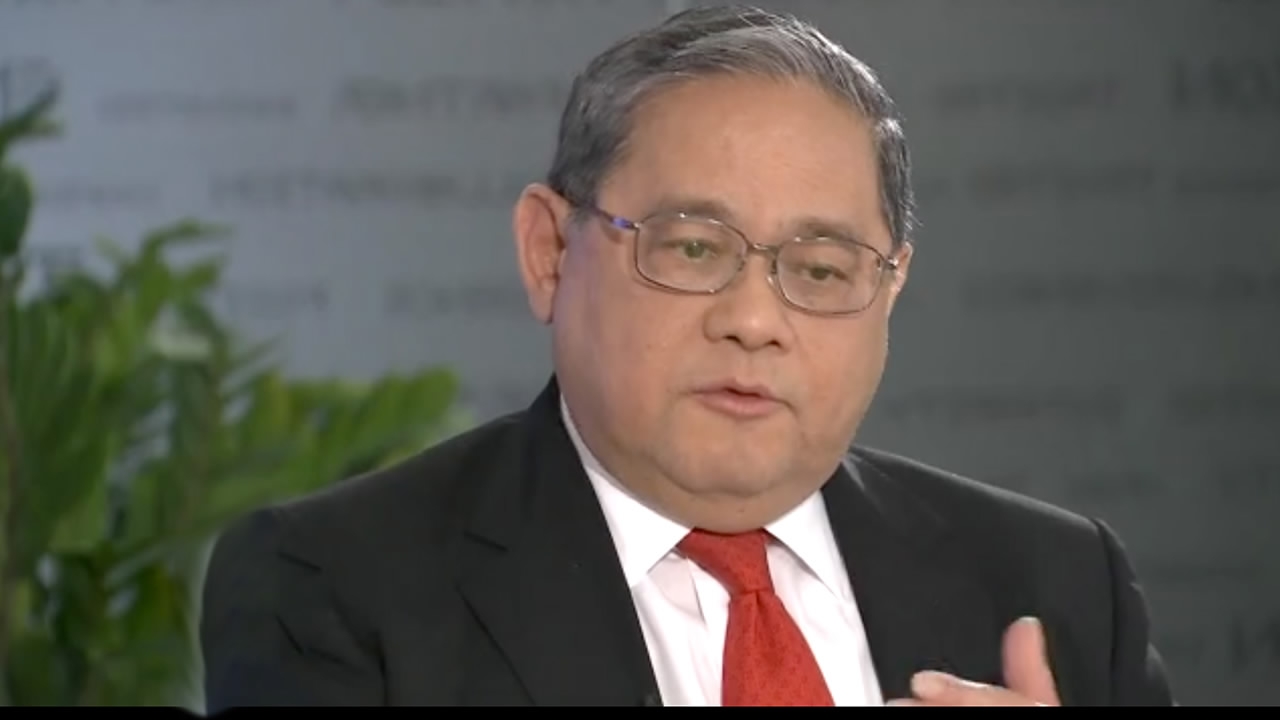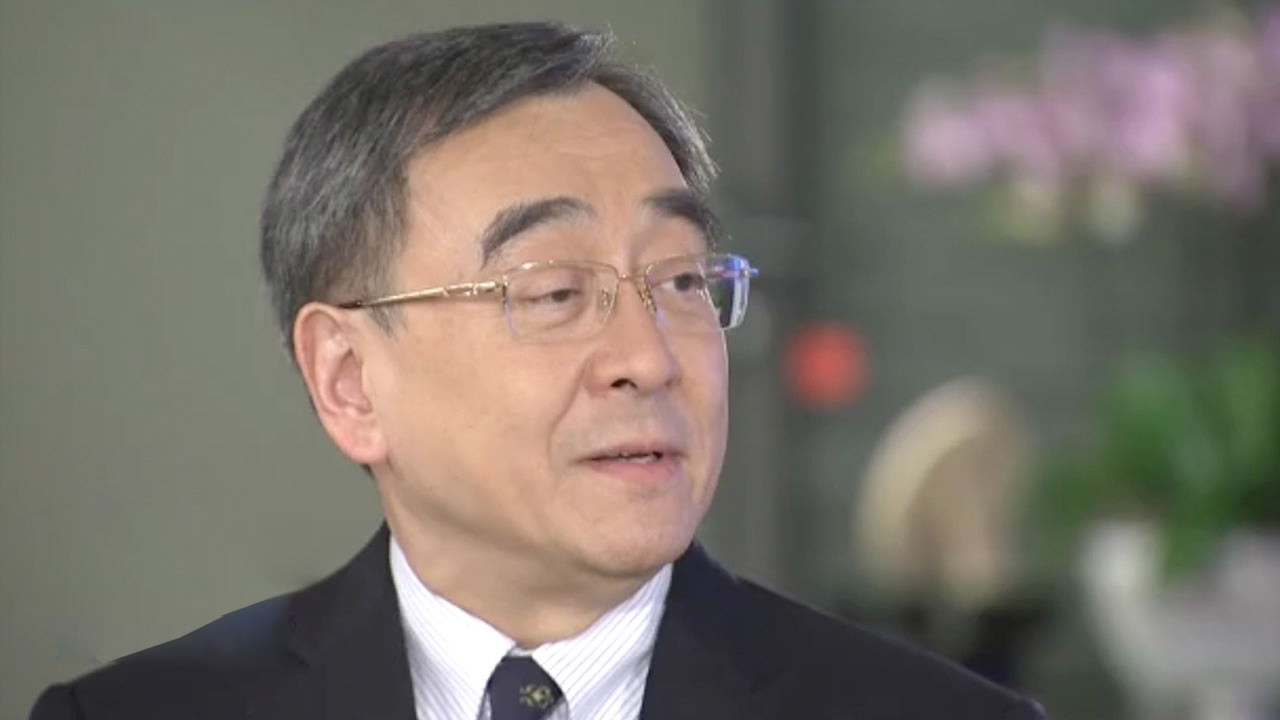
Business
23:11, 30-Jun-2017
HK’s innovation needs pooling talent younger and more outward

By CGTN’s Zhou Jiaxin
As Hong Kong celebrates the 20th anniversary of its return to China, experts have said that the Asian financial center has missed a number of opportunities to boost the region's economy, noting that government measures are needed to reshape its industrial demographics.

Hong Kong has been “pretty weak” in its innovation industry over the past 20 years, but the local government can still play a “pretty important” role in entrepreneurship and innovation in a bid to enable upward mobility for younger generation, said Edward Tse, CEO of the Hong Kong-based Gaofeng Advisory Company, during a panel discussion of The Point’s special edition for Hong Kong’s anniversary on CGTN.

Noting that technological innovation was a “catalyst” for the economy, Victor Fung, Chairman of the Fung Group, argued that Hong Kong is not fundamentally weak in innovation.
“Innovation is not just about technology, it’s also about using new technology in order to find new ways of doing things,” said Fung.
“In that sense, Hong Kong has excelled.”
Given the industrial growing demand for technological innovation, Fung suggested Hong Kong participate more in the trading of technology and utilize it for the region's own innovation.

Richard Wong, an economics professor at the University of Hong Kong, attributed Hong Kong’s poor innovative performance to stability concerns among financial sectors and “bad demographics.”
“There is a fine balance between stability and innovation,” Wong said, noting that Hong Kong’s regulation had been overly “sensitive” to stability and not as “facilitating” as it should be.
Additionally, the population of younger generation at present is fewer than during Hong Kong’s fastest growing period in the 1960s and 1970s, Wong continued, noting that this has an effect on the innovation industry.
“Innovation, aside from the market size, also needs a cluster of talent.”
Tse also believed that Hong Kong has turned more inward-looking over the past years.
“(Hong Kong) people tend to focus on the domestic issues and are not open enough,” Tse concluded regarding the root causes of Hong Kong’s innovation performance. “They also tend to look at what has happened in the past and what’s going on today.”
More questions, such as what will happen in the future and what it really means to Hong Kong, the Chinese mainland and the rest of the world, have to be discussed, Tse added.
Fung argued that Hong Kong’s free market policy is still the driving force in its economy and the government “can and must” take certain measures in combination with such approach.
With the concept of the Beijing-backed “Greater Bay Area,” which includes nine cities on the mainland, along with Hong Kong and Macao, Hong Kong’s innovation has the potential to be scaled up through an expanded market and its own connectivity strength, said Fung.
Related stories:

SITEMAP
Copyright © 2018 CGTN. Beijing ICP prepared NO.16065310-3
Copyright © 2018 CGTN. Beijing ICP prepared NO.16065310-3